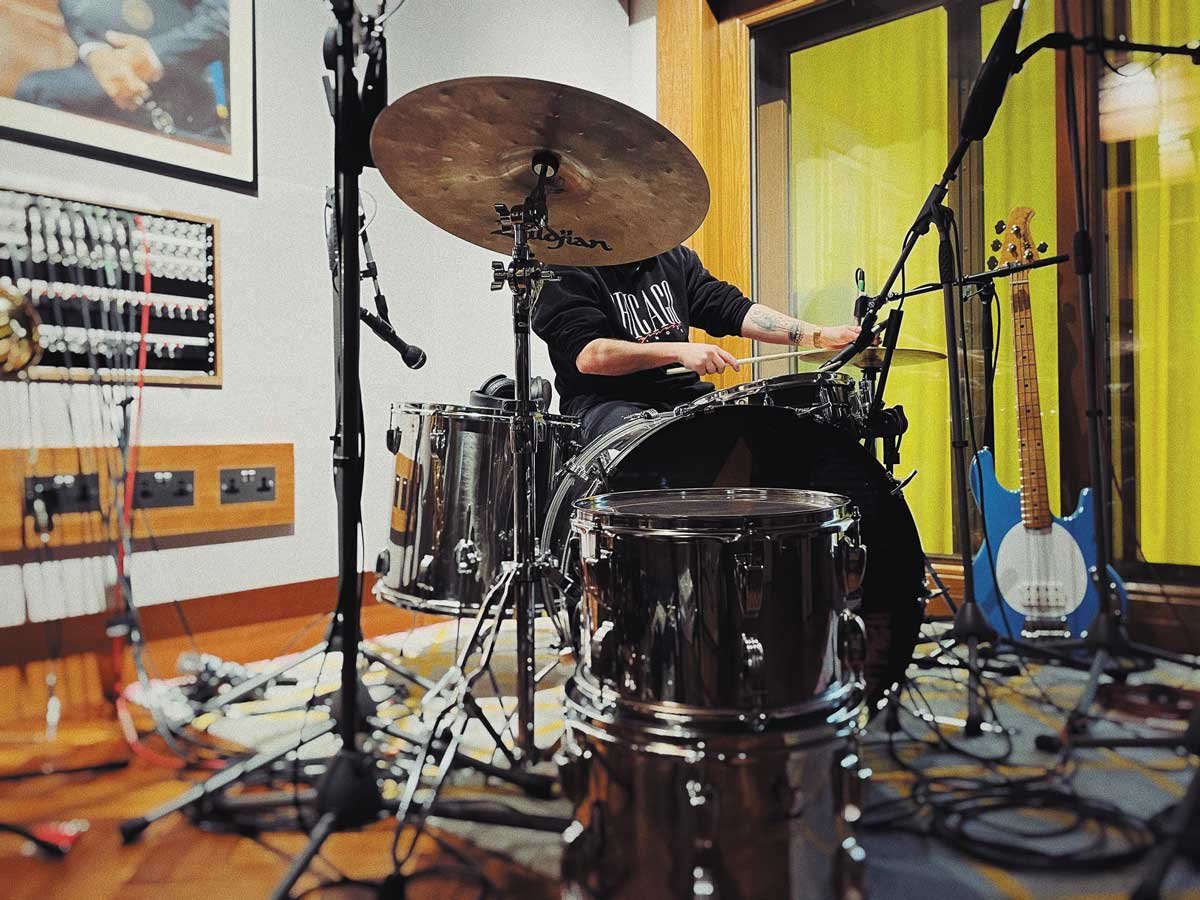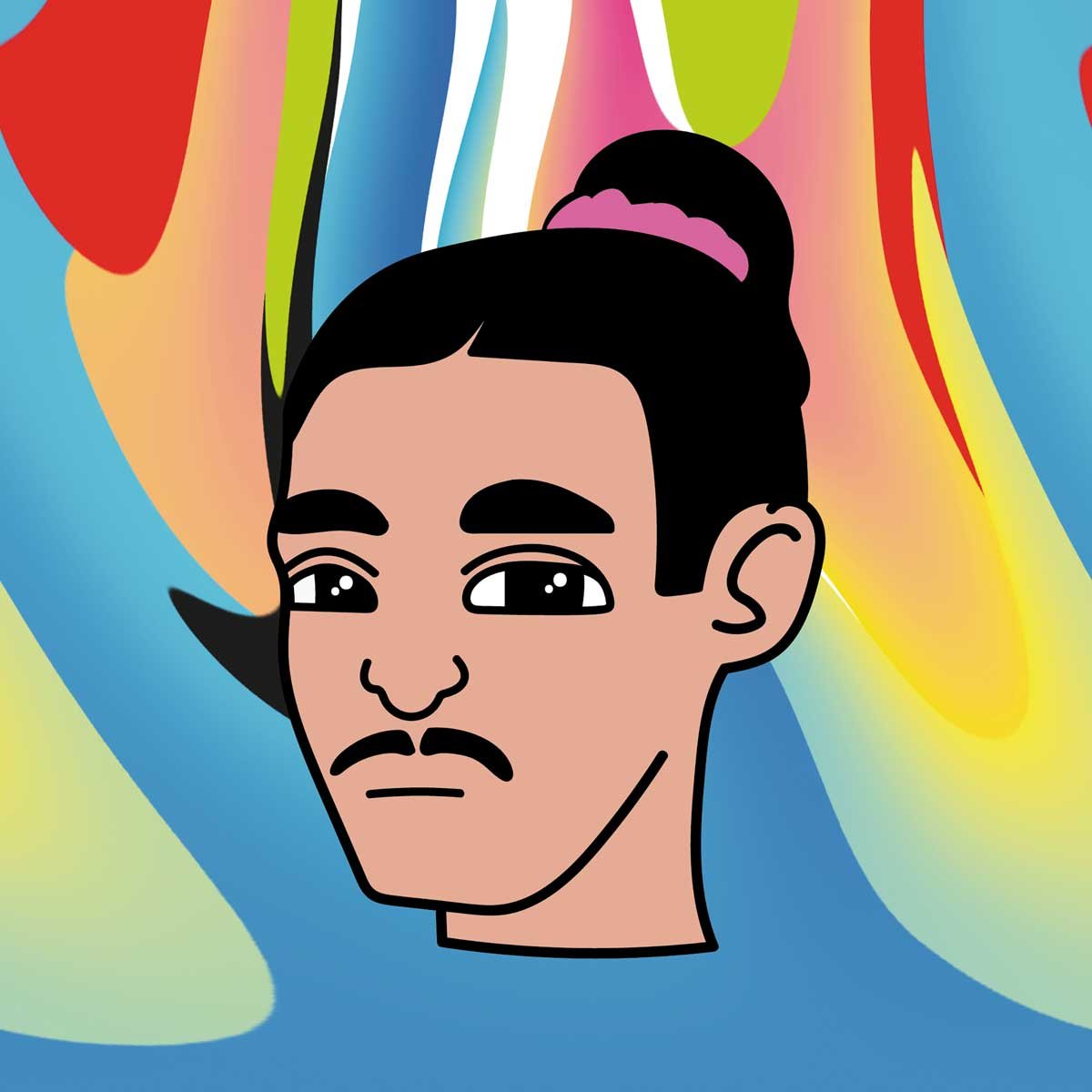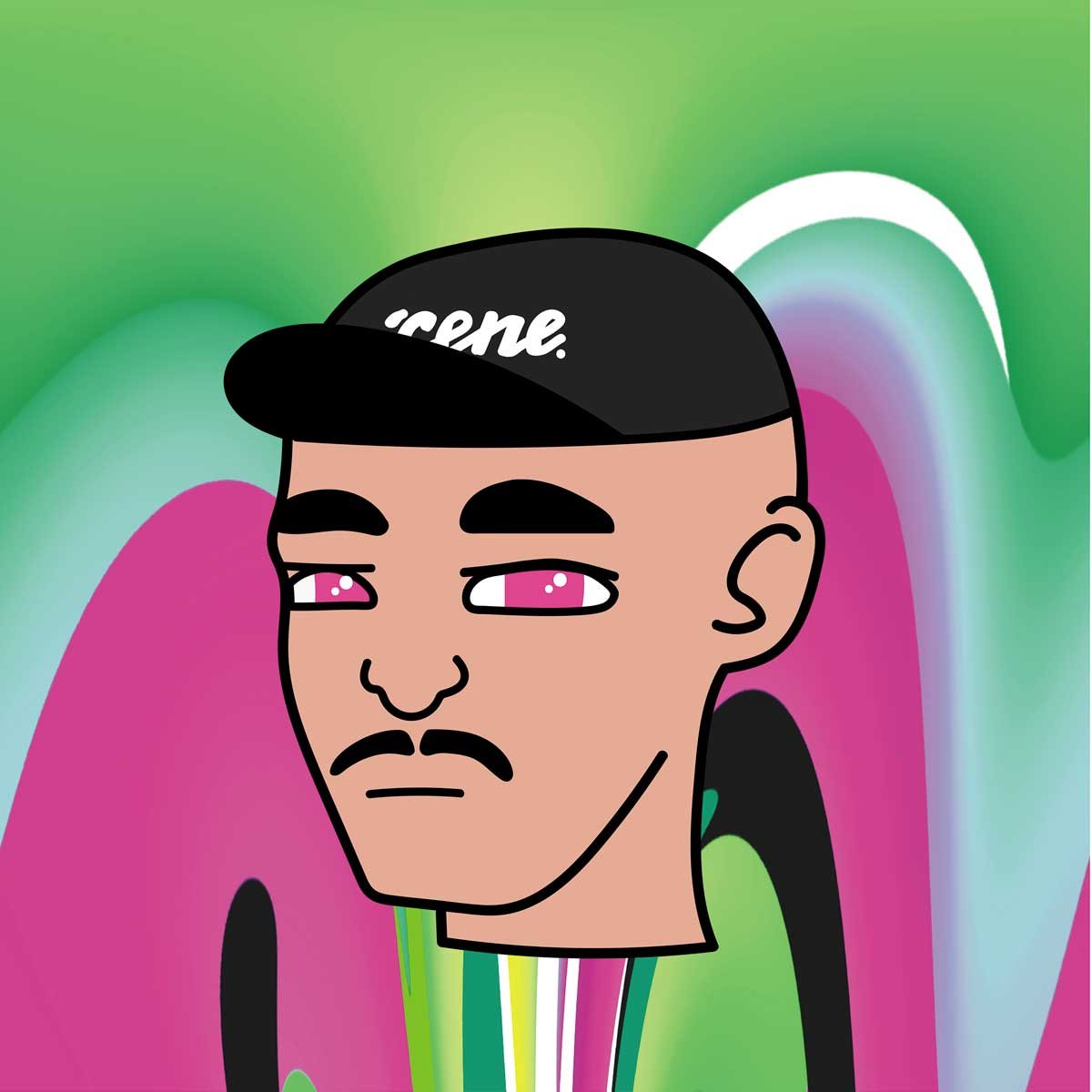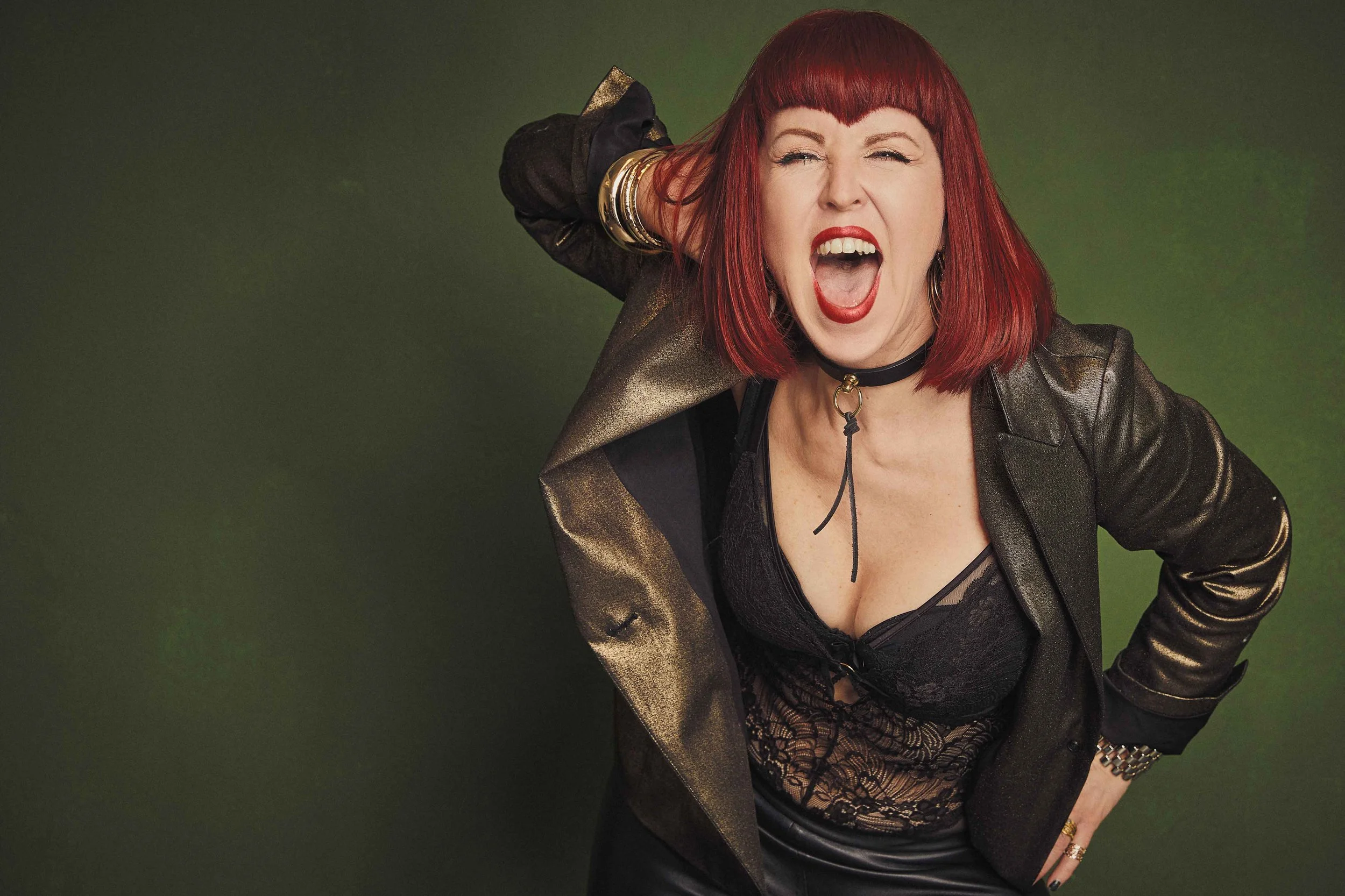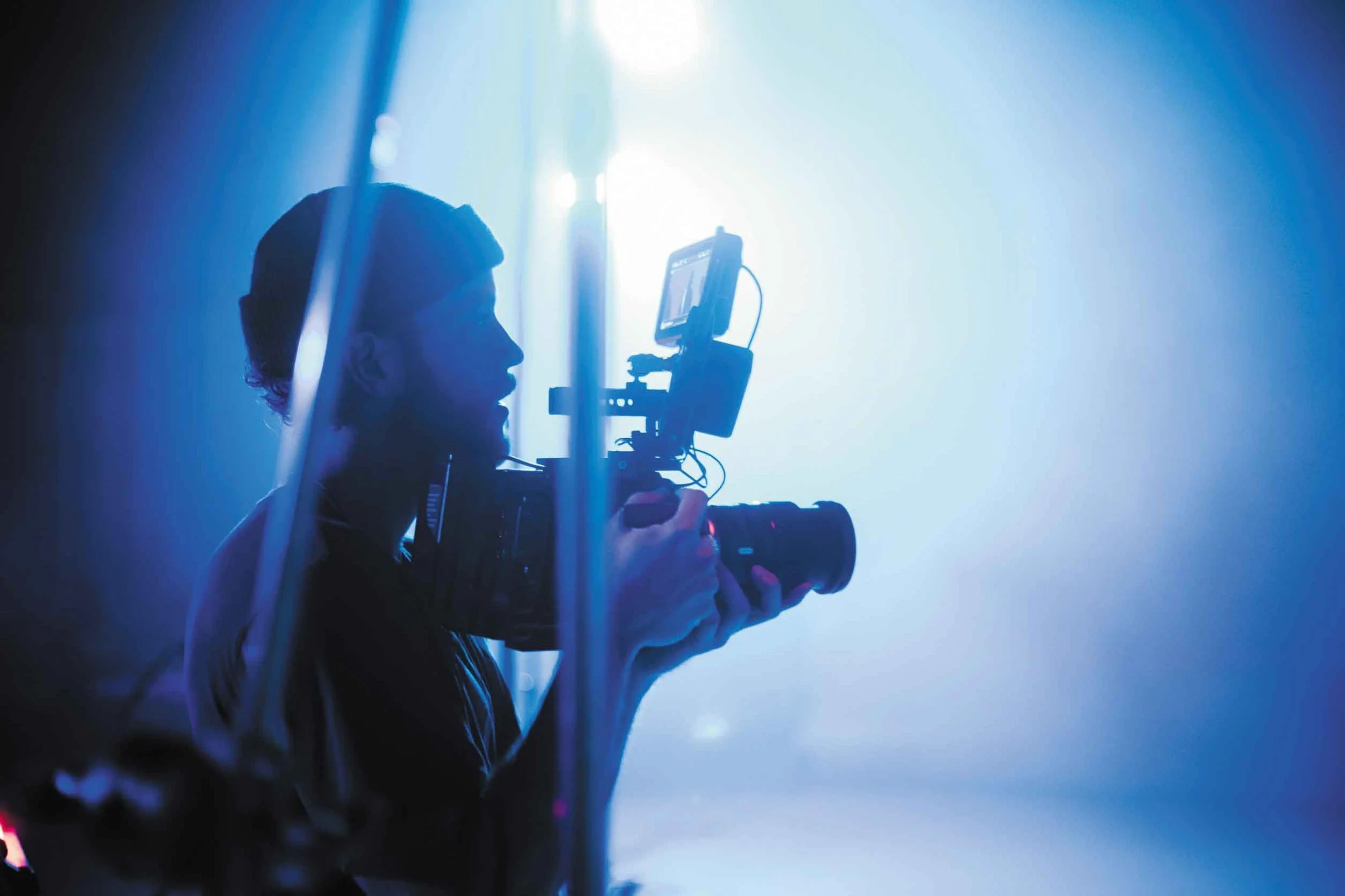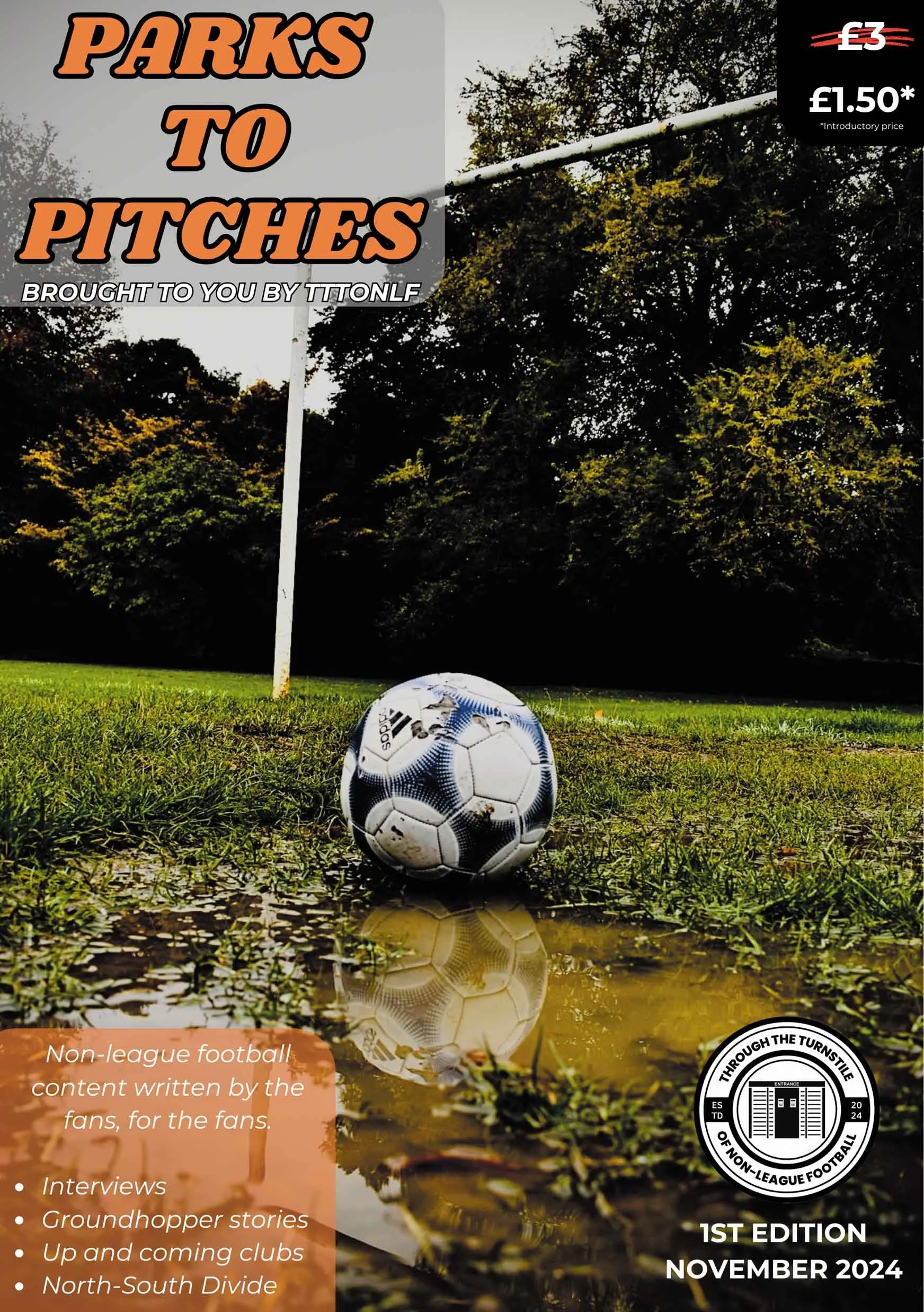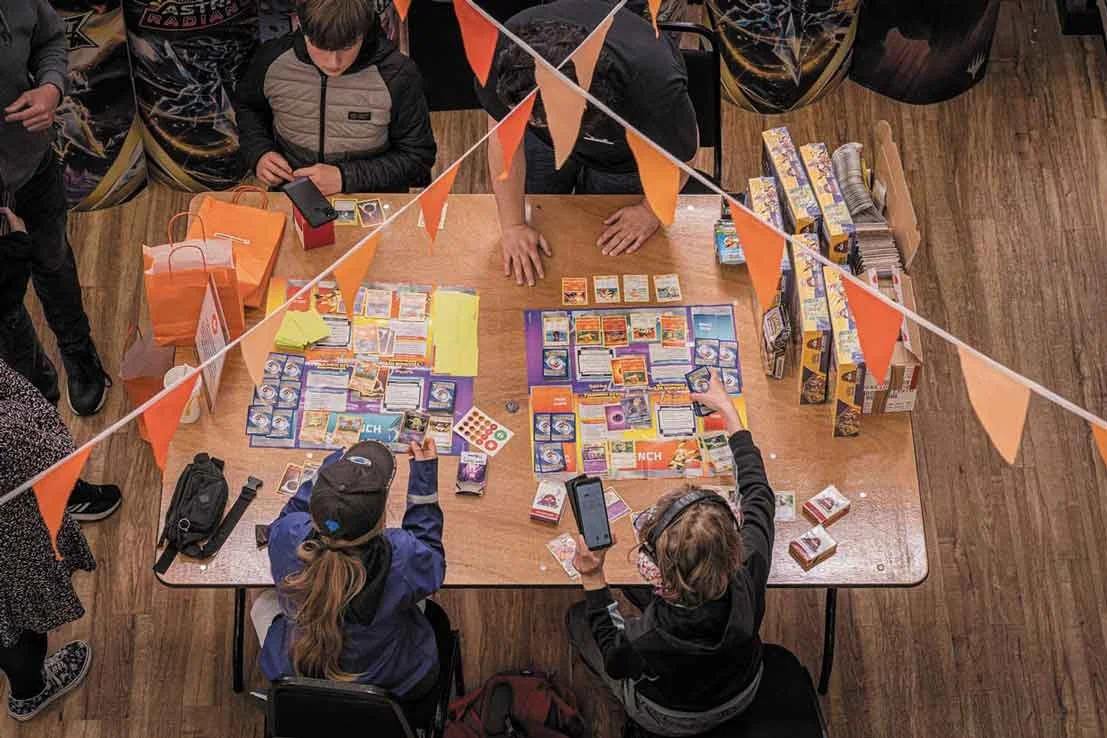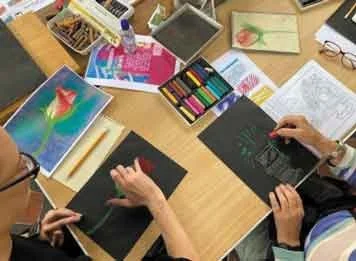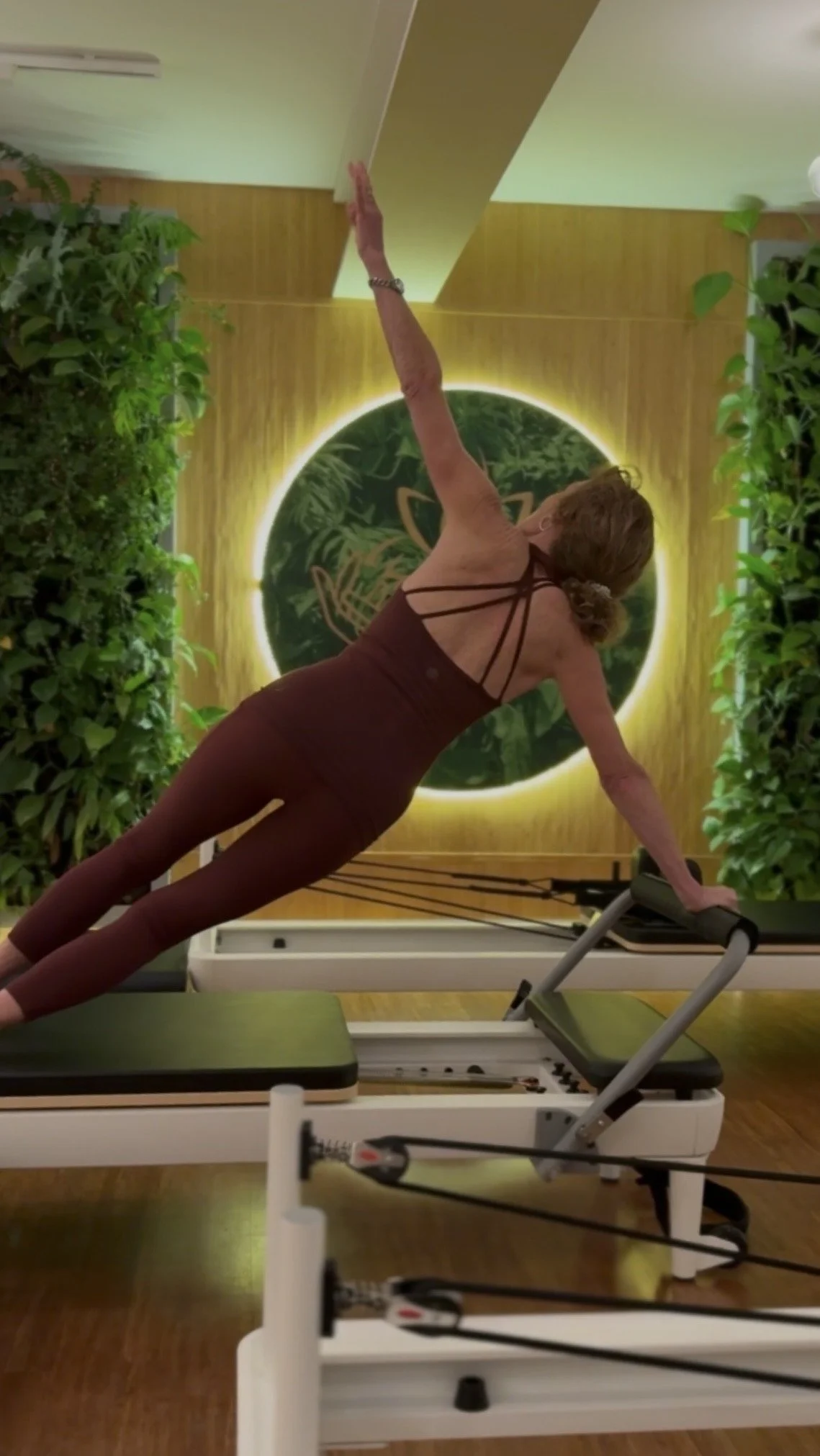Elliot Kid Danger: "Danger is my middle name"
Margate’s Elliot Kid Danger on why he is using NFTs to explore the way musicians can get paid
“Danger is my middle name. Seriously, it’s on my passport and everything.”
A session bassist who has toured the world for a decade working with pop monsters including the likes of Clean Bandit, Jess Glynn and even Take That, Sam ‘Danger’ Skirrow moved to Margate as one of those lucky few who has made a successful career in the music industry.
But when the shutters came down on the creative industries in 2020, he knew something else needed to take his creative focus… and Elliot Kid Danger (@elliotkiddanger) was born.
With genre-bending tracks like Dream Dreams and Much Too Much showing off his half-rap vocals to singles First Drop and Too Much displaying his eclectic musicianship, Elliot Kid Danger is drafting a unique blueprint sonically.
But it doesn’t end there. His exploration into the NFT space is fascinating and could signal the start of a shift in the way smaller artists release music. We spoke to Sam to find out more.
On being a professional bassist…
The industry has been kind to me, I’ve travelled the world and played venues from 20 people to 200,000 people. It has been wild. The things I’ve been fortunate to be a part of have been incredible, working with amazingly talented musicians and writers and artists, and great creative minds.
But as we all know, 2020, all of the creative industry just came to a halt and it was terrifying. I made my living from touring and playing to audiences, which was just banned.
I had a meltdown, thinking ‘What is happening in my world right now?’.
I love what I do so much that I really struggled with that first lockdown hit.
On the creation of Elliot Kid Danger….
Once the dust settled [in lockdown] it made space for something that I wanted to explore but never had, and that’s writing for myself. And that’s where Elliot Kid Danger came from. Elliot is my daughter’s middle name and Danger is my middle name. Seriously, it’s on my passport and everything.
When you make the transition from session musician to artist, I’ve seen it before, it might not get taken seriously. It’s a bit like when a TV personality wants to become a musician - 90% of the country roll their eyes.
So I wanted to have a degree of separation from Sam Skirrow the bassist to Elliot Kid Danger the artist, so there were no preconceptions.
On creating music rather than just playing it…
I fell in love with trying to express myself, rather than hearing a piece of music and saying ‘Yeah, I can play that on a stage’. It feels important to me.
I can play a bit of most instruments, but what has been a learning curve is the production side of things. Hitting ‘Record’. Things that 18 months ago I didn’t know about, I’m diving right into. I’m still learning and figuring it out. I’ve become a geek with it.
On the Elliot Kid Danger sound…
My principle for making music is just to create things that I would listen to. I like drumbeats that are what I would call wonky. J Dilla was the pioneer of it.
I love a good bassline and 80s synths. That’s the musical sound. Lyrically, I want to be honest about where I’m at. I talk about having dreams and ambitions and sometimes that not working out and how that can feel disappointing.
I always wanted it to be accessible, not some avant-garde bebop jazz sound.
I love Chance the Rapper, Mac Miller, Thundercat, they’re the people that feed me musically.
On the world of NFTs...
The NFT world is a bit bonkers. I have seen people selling a photo of a ham sandwich for thousands of quid. But there is a lot of buzz around that space right now.
I think the NFT space is a really exciting opportunity if it’s done correctly. For people who don’t understand it, NFT stands for Non Fungible Token, which basically means what you’re creating is a one-off, like the Mona Lisa is a one-off, or a super-rare Pokemon card is a one-off.
Generally speaking, creators will drop a whole collection of one-offs - all of them slightly different.
On the NFT community…
The way it works is all through community. All of these artists build up a community, normally on Discord or Twitter, and people get really excited about it and you build up to the drop.
I know people who think they can make art and sell it as an NFT, and it doesn’t work like that, it’s so community-focused that you have to spend weeks building it up. It’s like a campaign for dropping a single. You have to get people excited about it and build anticipation.
On creating his own NFTs…
I have got five collections of NFTs that I’m going to release this year. The first drop is just artwork, it will be quite cheap, between $2 and $4 each. The idea is that if you have one of those original artworks from this first collection, you will get a cheaper price for all of the other four drops and they’ll be music tracks that I’m going to be dropping that will then form an EP.
On creating 10,000 individual NFTs…
What I’m planning to do is make the tracks have variations as well. There will be 10,000 tracks, all with a piece of artwork attached to them and all of them will have slight variations in the music and the artwork. I’m going to do a bunch of different basslines, synth sounds and solos into a piece of software that merges it together and then we’ve got 10,000 tracks.
On whether it can be the future for musicians…
There’s people like Tory Lanez, who is massively famous, who dropped an NFT and made a million quid from it, so you can see why that makes sense with his following why that would happen.
I obviously don’t have that sort of influence - I’m not a big artist, that’s no secret. But I put out four tracks last year and I made £16 in royalties. And I think about it in terms of what those tracks mean to me - I’m expressing part of my life in that and I’ve studied music. I’m emotionally connected to it and for me that’s worth more than £16.
In my opinion the streaming model is not strong enough to support artists. It’s not fair. You get about 0.006p per stream, so you’re fighting a losing battle with that. If I’m going to make this something I can sustain as a career, so I can wake up in the morning and make some music, which I feel is part of my life’s calling, then the only way I can do it is by trying something different.




